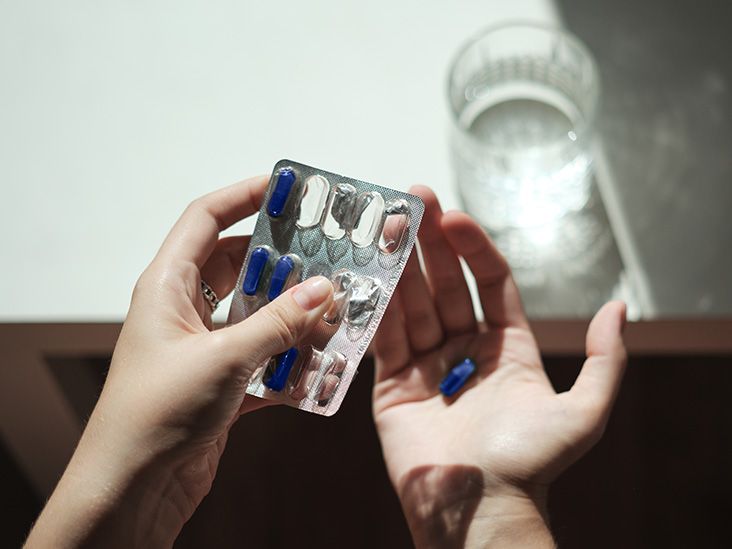Some people have experienced insomnia (difficulty sleeping) after starting Zepbound (tirzepatide). Sleep problems may be due to factors other than the drug itself since Zepbound is more likely to cause tiredness.
Zepbound is a brand-name drug prescribed for weight loss and long-term weight maintenance in certain adults with obesity or overweight. Zepbound is also approved to treat severe obstructive sleep apnea (OSA) in adults with obesity.
Zepbound can cause mild to serious side effects, but insomnia is not among the side effects reported in the drug’s studies. Keep reading to learn more about insomnia during Zepbound treatment, the possible causes, and tips for managing it.

Insomnia was not reported as a side effect in clinical trials of Zepbound. Rather than difficulty sleeping, people who received Zepbound in these trials commonly reported fatigue (tiredness or low energy).
Anecdotal reports of insomnia and Zepbound come from social media posts collected in a 2023 study. The researchers searched social media platforms for posts that mentioned tirzepatide (and similar drugs used for weight loss) and related mental health issues. (Tirzepatide is the active ingredient in the brand-name drugs Zepbound and Mounjaro.)
However, posts that mentioned tirzepatide were mixed. A few posts mentioned insomnia, but one post mentioned better sleep since the person no longer woke up hungry (tirzepatide reduces appetite).
Insomnia is difficulty falling or staying asleep. Insomnia can also be defined by low quality sleep. For instance, you might fall asleep as usual but wake up feeling tired rather than rested. Insomnia may be short term or long term (lasting
Possible causes of insomnia include short-term stress, sleep apnea, and mental health conditions such as depression.
The cause of sleep problems with Zepbound is not known. Although insomnia was not reported as a side effect in the drug’s studies, people respond to drugs differently.
You should tell your doctor if you experience difficulty sleeping after starting Zepbound. They can help determine whether the medication or another factor is the cause. For example, it’s possible that other side effects of Zepbound, such as nausea, vomiting, and diarrhea, could disrupt your sleep.
Interestingly, insomnia commonly occurs with OSA, a condition that Zepbound was recently approved to treat. In studies, tirzepatide was shown to reduce OSA symptoms, including patient-reported sleep impairment.
If you have sleep problems after starting Zepbound, these strategies may help:
- Settle down before bedtime — for example, take a shower or bath and avoid screen time.
- Eat a small, nutritious snack before bed so you don’t wake up from hunger.
- Try to go to bed and get up at the same times every day.
- Try not to nap during the day.
- Take care to manage any potential underlying causes of insomnia, such as anxiety.
When to talk with a doctor
You should talk with your doctor if you experience sleep problems after starting Zepbound, especially if they persist or worsen. In some cases, doctors recommend counseling and/or medication to treat insomnia.
Insomnia (difficulty falling or staying asleep) is not a known side effect of Zepbound. Reports of insomnia during treatment with tirzepatide (Zepbound, Mounjaro) are anecdotal, coming from social media posts.
Difficulty sleeping after starting Zepbound may be caused by the drug’s known side effects, such as nausea, or by other factors.
If you have trouble sleeping and sleep management tips have not helped, talk with your doctor for guidance and treatment recommendations.


